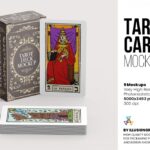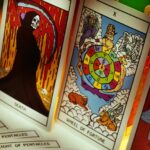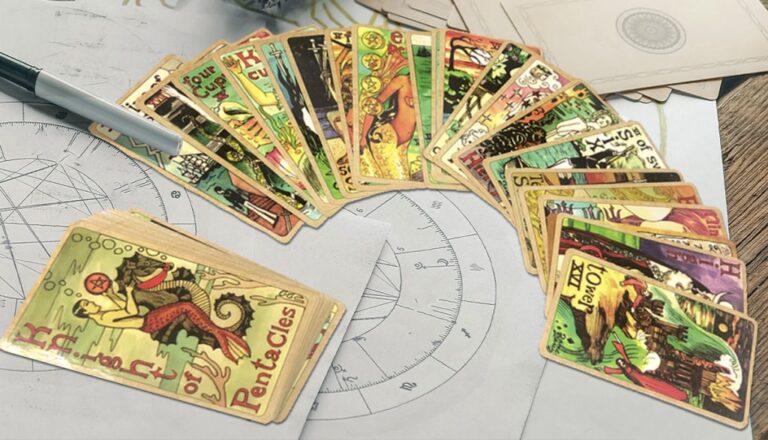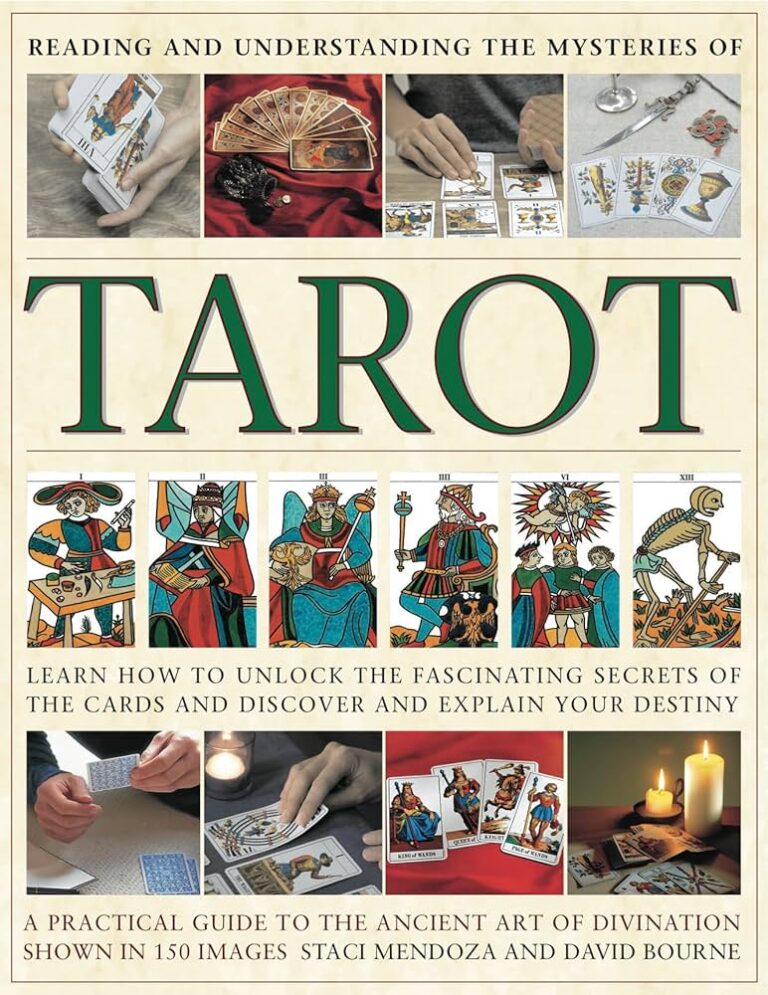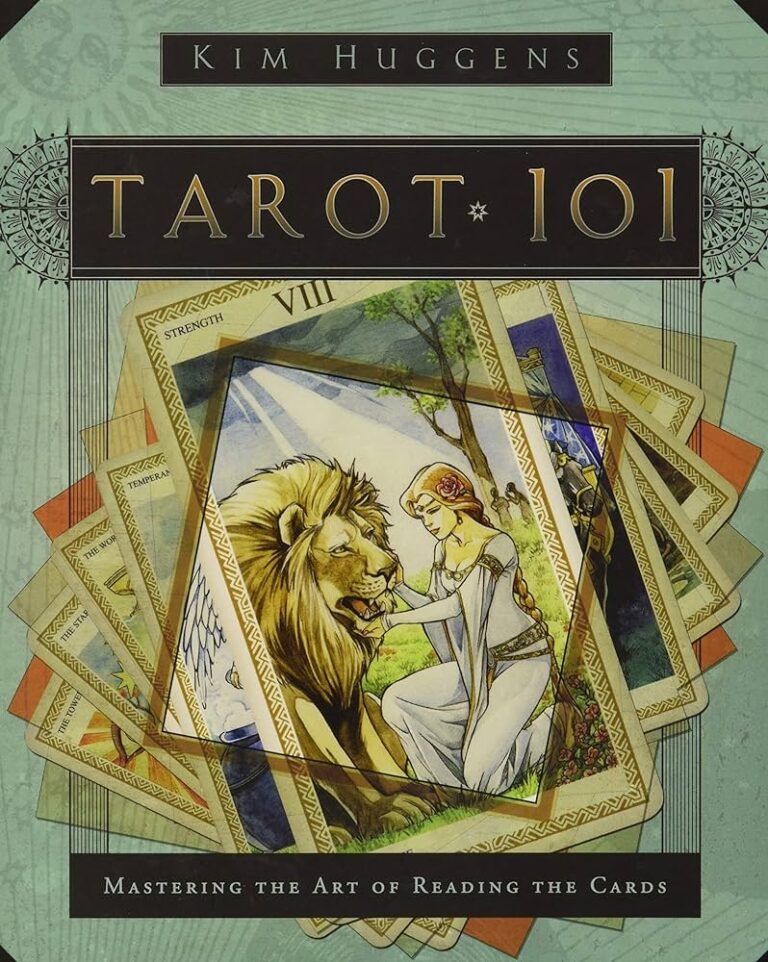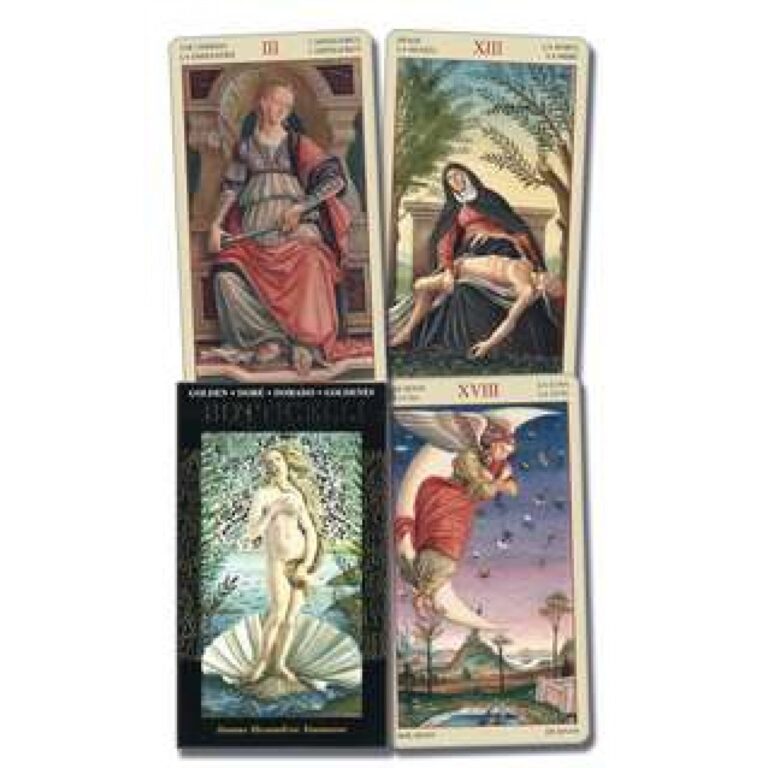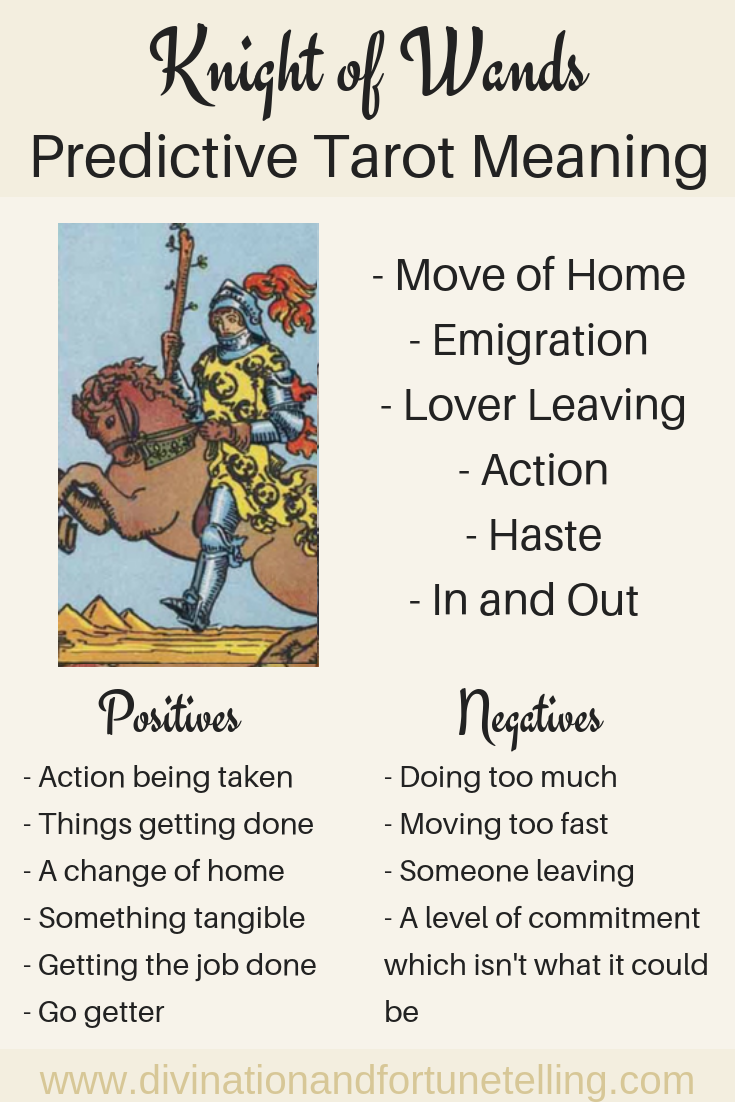Is Tarot Card Reading against Catholic Religion? Find Out the Truth
Tarot card reading is considered against the Catholic religion. It is a sin to practice or seek tarot readings according to Catholic teachings.

Understanding Tarot Card Reading
Tarot card reading is a topic that sparks debate within the Catholic religion. While some believe it goes against Catholic teachings, others view it as a tool for self-reflection and personal growth. The interpretation of tarot cards ultimately depends on an individual’s beliefs and intentions.
What Are Tarot Cards?
Tarot cards are a deck of 78 cards, divided into two main categories: the Major Arcana and the Minor Arcana. Each card represents a different symbol, archetype, or concept that can be interpreted during a tarot card reading.
How Is Tarot Card Reading Practiced?
Tarot card reading is a practice that involves tapping into the intuitive and psychic abilities of the reader. The cards are shuffled and laid out in a specific pattern known as a spread. The reader then interprets the cards based on their symbolism and the individual’s questions or situations.
Tarot card reading has been a topic of debate and controversy within the Catholic Church. Some members of the Church believe that it goes against their religious beliefs and is considered sinful. However, there are also Catholics who view it as a harmless form of self-reflection and personal guidance. The stance on tarot card reading varies and ultimately depends on one’s interpretation of Catholic teachings.
While the Catholic Church does not have a specific doctrine or official stance on tarot card reading, it is important to consider the principles of the religion when engaging in such practices. The Catholic Church promotes faith in God, trust in His divine plan, and seeking guidance through prayer and the sacraments.
Catholics need to discern whether tarot card reading aligns with their faith and beliefs. Some key considerations include:
- 1. Trusting in God’s plan and seeking His guidance through prayer.
- 2. Being cautious of any practices that may lead to superstition, idolatry, or the belief in fortune-telling.
- 3. Seeking spiritual direction from a trusted priest or religious authority.
Ultimately, the decision to engage in tarot card reading as a Catholic is a personal one. It is important to prayerfully discern what brings true peace and aligns with one’s understanding of Catholic teachings.

Catholic Perspective On Tarot Card Reading
When it comes to Tarot card reading, the Catholic Church holds a clear and firm perspective. From the Church’s standpoint, Tarot card reading goes against the teachings and principles of the Catholic faith. Let’s take a closer look at the Catholic perspective on Tarot card reading.
The Catholic Church considers Tarot card reading to be a practice that is incompatible with the teachings of Christianity. It views Tarot cards as a form of divination that seeks to gain knowledge or insight into the future or hidden truths through supernatural means. According to the Church, this goes against the belief that only God has knowledge of the future and that seeking such knowledge from alternative sources is a sign of a lack of trust in God’s providence.
In the eyes of the Catholic Church, Tarot card reading is considered a sin due to its association with divination and the occult. The Church teaches that divination practices, such as Tarot card reading, are not only futile but also potentially dangerous. Divination is seen as an attempt to gain secret or hidden knowledge apart from God’s revelation. It is believed that such practices can open doors to spiritual and demonic influences that can lead individuals away from God and into spiritual harm.
Moreover, the Church emphasizes the importance of relying on prayer, Scripture, and the sacraments as the means through which individuals can seek guidance and discern God’s will. Tarot card reading is seen as a deviation from these sacred and established channels, thereby undermining the faith and trust that Catholics are called to place in God.
In conclusion, Tarot card reading is against the Catholic religion due to its association with divination and the occult. The Church views it as a sin that goes against the teachings and principles of Christianity, emphasizing the importance of trust in God’s providence and the guidance available through prayer and the sacraments. As Catholics, it is important to be mindful of the Church’s stance and to seek spiritual guidance through approved means.
Debates And Perspectives
The topic of whether Tarot card reading is against the Catholic religion has sparked various debates and perspectives within the Catholic Church and beyond. While some within the Church contend that Tarot card reading goes against Catholic teachings, others argue that it can coexist with one’s faith or even be seen as a tool for spiritual growth.
Different Views Within The Catholic Church
Within the Catholic Church, there are differing opinions on the compatibility of Tarot card reading with the faith. Some clergy members and theologians consider Tarot card reading to be a form of divination, which is viewed as a sin and incompatible with Catholic teachings. They argue that seeking spiritual guidance from Tarot undermines a person’s trust in God’s plan.
On the other hand, there are alternative perspectives within the Catholic Church that propose a more nuanced approach to Tarot card reading. These individuals believe that Tarot can be used as a tool for self-reflection and introspection, helping individuals gain insights into their thoughts, emotions, and spiritual journey. They argue that Tarot should not be seen as a means of uncovering the future, but rather as a means of personal growth and self-understanding.
Alternative Perspectives On Tarot Card Reading
Beyond the Catholic Church, there are also alternative perspectives on Tarot card reading that differ from traditional religious beliefs. Regardless of their religious affiliation, some individuals see Tarot as a valuable tool for self-discovery and personal empowerment. They argue that Tarot can provide guidance and insight into various aspects of life, such as relationships, career paths, and personal development.
Furthermore, some approach Tarot as a purely secular practice without religious or spiritual connotations. For them, Tarot is a psychological tool that helps individuals tap into their subconscious thoughts and emotions, opening up avenues for self-exploration and reflection.
It is worth noting that while Tarot card reading may not align with the beliefs and practices of some religions, including Catholicism, each individual’s stance on the matter can vary. It ultimately comes down to personal perspective, religious interpretation, and individual experiences.
FAQ
What Religion Do Tarot Cards Come From?
Tarot cards are commonly associated with the New Age religion. The practice of using Tarot cards can be defined as a religious activity.
When Should You Not Do A Tarot Reading?
A tarot reading should not be done when your questions are about another person’s thoughts and behaviors. Tarot is meant to provide insight into yourself, not others.
What Culture Are Tarot Cards From?
Tarot cards originated from the Italian Renaissance culture.
Can Catholics Believe In Evolution?
Yes, Catholics can believe in evolution.
Is Tarot Card Reading Considered A Sin In The Catholic Church?
Tarot card reading is considered a sin in the Catholic Church. It is believed to be a form of divination that goes against trusting God.
Conclusion
Tarot card reading has been a topic of debate within the Catholic community. While some argue that it goes against Catholic beliefs and is therefore a sin, others believe that it can be viewed as a form of spiritual guidance.
Ultimately, whether or not tarot card reading is against the Catholic religion is a personal interpretation. Individuals need to consult with their religious leaders and explore their own beliefs before engaging in such practices.


